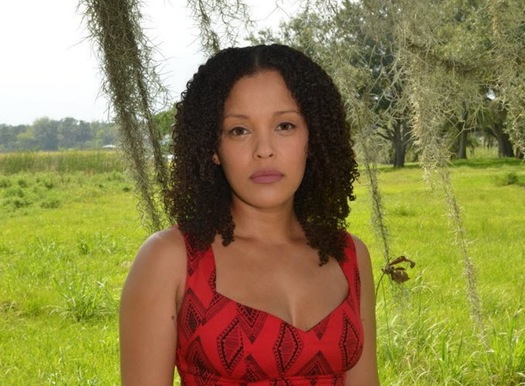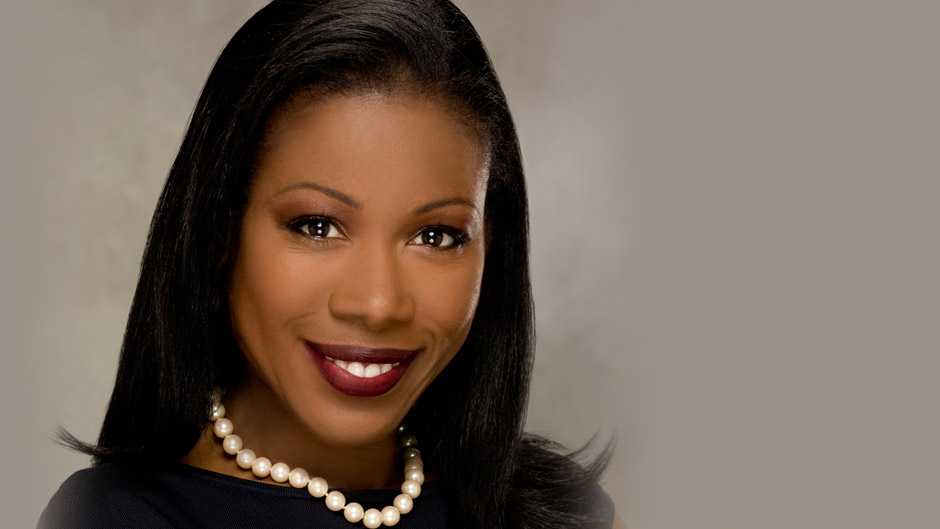 There are 108 tally marks on the cover of The Fire This Time, the new essay collection that brings forth 18 perspectives from a new generation of writers, working in the tradition of James Baldwin. Each mark represents a black life lost too soon, a visual representation of the urgency of #BlackLivesMatter.
There are 108 tally marks on the cover of The Fire This Time, the new essay collection that brings forth 18 perspectives from a new generation of writers, working in the tradition of James Baldwin. Each mark represents a black life lost too soon, a visual representation of the urgency of #BlackLivesMatter.
In the aftermath of George Zimmerman’s acquittal in 2013, Jesmyn Ward went to Twitter to share her frustration, but found the platform too ephemeral. She was much more struck by the pertinence of James Baldwin’s The Fire Next Time. Ward, editor of this anthology, decided she wanted a book that “would reckon with the fire of rage and despair and fierce protective love currently sweeping through the streets and campuses of America.”
The results are mostly successful. The Fire Next Time contains a broad spectrum of essays that tackle everything from Phillis Wheatley’s mysterious marriage to Rachel Dolezal’s recent identity hoax, an engaging concoction of both the historical and contemporary. Eleven of the 18 pieces are original, with the rest published between 2014 and 2015.
The Fire This Time opens with Jericho Brown’s “The Tradition,” a 14-line poem that links the imagery of a brilliantly colorful meadow with the brutal deaths of John Crawford, Eric Garner and Mike Brown. Its early inclusion instructs us to get unsettled. (Brown won an Anisfield-Wolf book award last year for The New Testament.)
After a sturdy and moving introduction, the book falls into three parts – Legacy, Reckoning and Jubilee. In “Da Art of Storytellin’” Kiese Laymon’s fuses of his grandmother’s 30 years of hard work at a chicken processing plant with the Southern stank of Outkast’s Atlanta classics. Emily Raboteau criss-crossed four of New York’s boroughs to capture anti-police brutality murals in “Know Your Rights!” Isabel Wilkerson, who won a 2011 Anisfield-Wolf award for her Great Migration history, “The Warmth of Other Suns,” revisits 150 years of U.S. history in a slim three pages called “Where Do We Go from Here?” Her precise retelling comes with parting encouragement: “We must know deep in our bones and in our hearts that if the ancestors could survive the Middle Passage, we can survive anything.”
Still, reading most of these essays feels heavy. The collective thesis is that Black life in America, like Claudia Rankine posits in her essay, is “the condition of mourning.” But as Ta-Nehisi Coates once wrote to his son, echoing the advice of generations before him: “That this is your country, that this is your world, that this is your body, and you must find some way to live within all of it.”
Edwidge Danticat, who took home an Anisfield-Wolf award in 2005 for The Dew Breakers, closes the book with a powerful message to her two young daughters, born in the “Yes We Can” era of Barack Obama’s first presidential run. Danticat, born in Haiti and raised partly in New York, offers a view of refugee status — a position held both by immigrants and some U.S. citizens: “The message we always heard from those who were meant to protect us: that we should either die or go somewhere else.”
Still, Danticat fortifies her daughters against this, encouraging them to seek joy: “When that day of jubilee finally arrives, all of us will be there with you, walking, heads held high, crowns a-glitter, because we do have a right to be here.”


